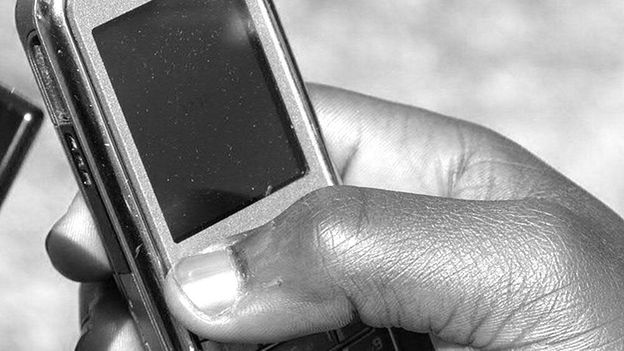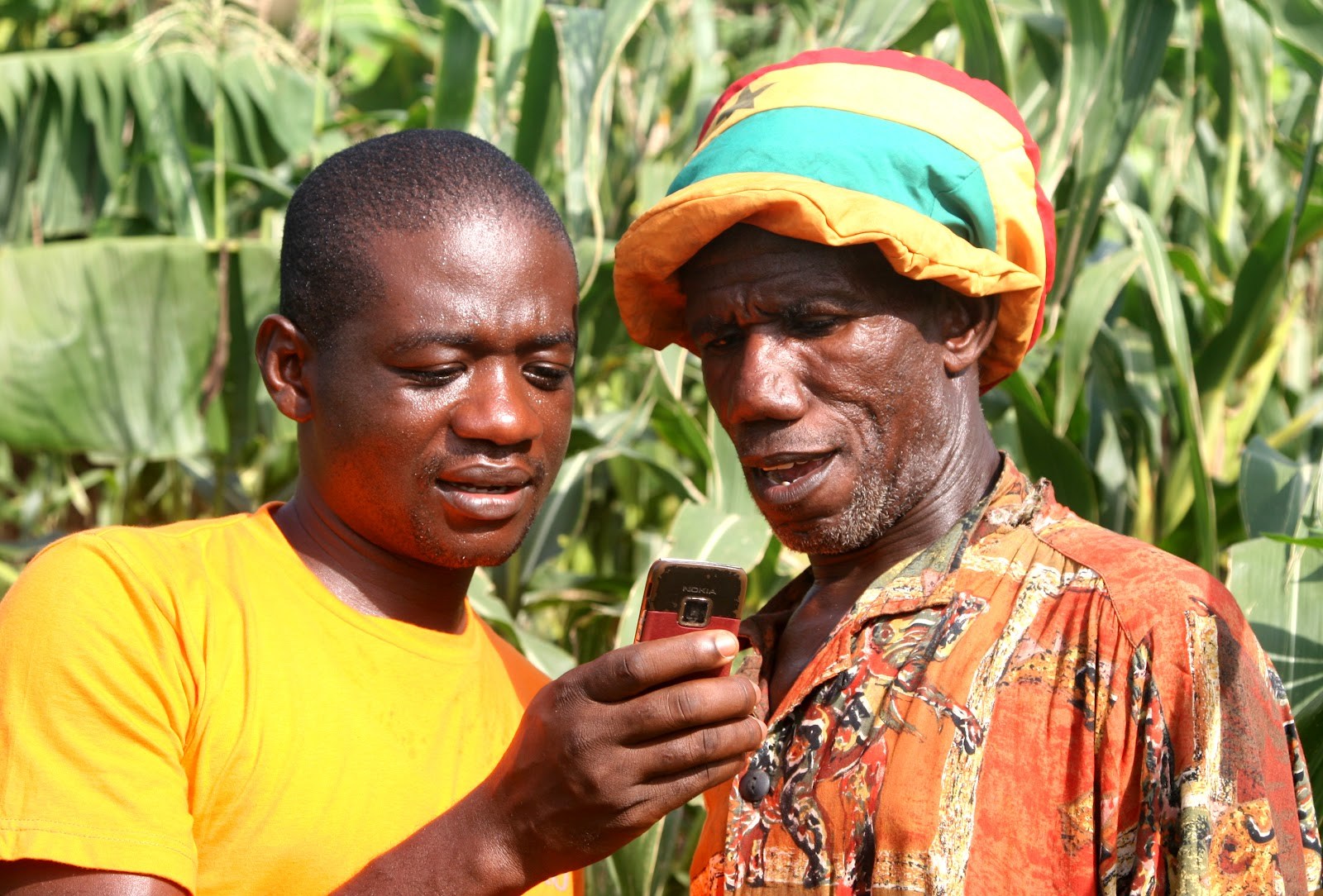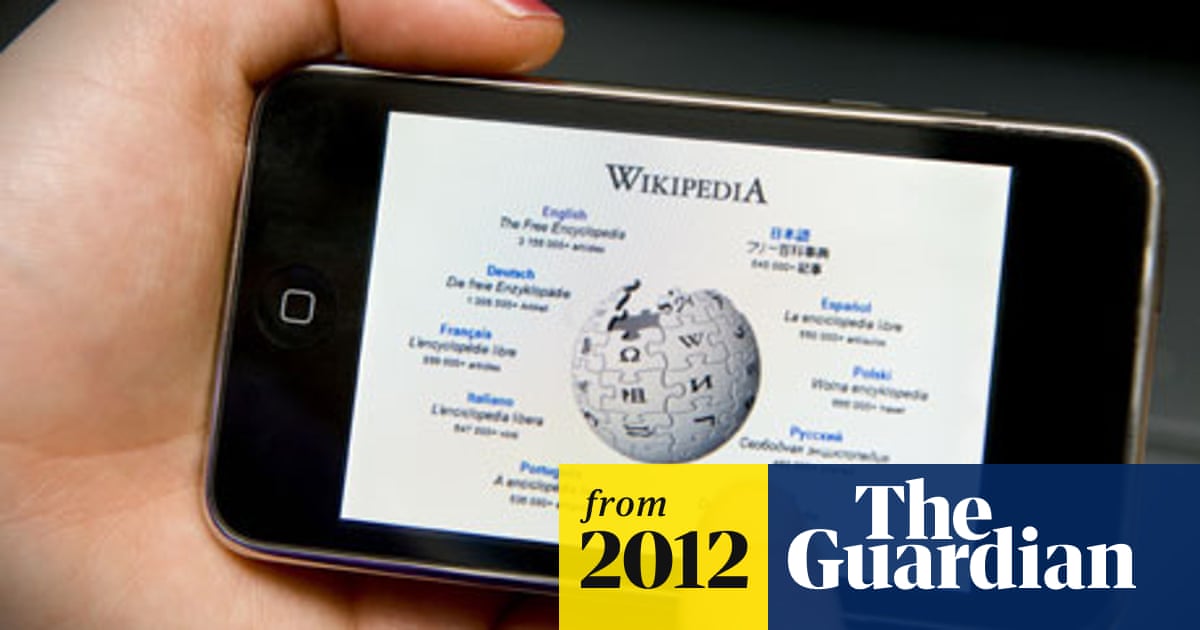Excellent points...but...

Your example is of mapping extremely narrow content to a population that has the instructions on how to retrieve it. While the church can do these things, it makes it difficult to get material into the hands of those who may not be in our circles. Not to mention, Christians may author books for a wider audience that would be de-platformed when the beliefs of the author are uncovered.
I think you underestimate how easy it is to "retrieve" materials. The power in what I bring up as far as ease of access and accessibility IS that consumption of material on the internet and distributing material is an extremely low barrier of entry with MANY avenues that don't require everyone to be even computer literate, if we're talking base-access on a phone, or even something simple like a kindle/e-reader, for instance (especially if it's pre-loaded with stuff). People in [insert censored C country here] have used something as basic as programming code depositories to get out messages and information to people in their churches (who I assure you are not all 'in our circles'). Even people in second and third world countries, who may not have access to our nice, newest technology, or even basic things like electricity or running water, have a phone. Instructions are as basic as "click this" or "tap this" to access. I'm not even talking "underhand" means of getting information out necessarily (though that is also possible). But buying and creating websites is super accessible, posting on blogs and forums, depositories, file sharing, videos, photos, etc. If anything, things that can be easily accessed on the phone are EXACTLY some of the ways we can reach "those who may not be in our circles" because, as noted, while people in 2nd World and even 3rd world countries may not have the glitz and glamour of many 1st world gadgets, phones are a common thing and they are changing the landscape of who can access material. This is already a known arena in socioeconomics, education, and humanitarian circles that are trying to reach these people with different aids. How much more important that the Church also recognize this opportunity?
Just some articles that might help to shed light (not from the perspective of spreading the Gospel, but more general education/socioeconomics stuff):
" Africa is today the
fastest growing and second largest mobile phone market in the world. "
United Nation’s mobile learning specialist Steve Vosloo argues phones could be the future of education on the continent.

www.bbc.com
" Today, more people have access to mobile phones than to electricity or clean water "
Today, more people have access to mobile phones than to electricity or clean water— and it’s making a difference in the fight against global poverty.

www.usglc.org
" Mobile phones are increasingly ubiquitous in poor countries, which now account for
four in every five connections worldwide "
A study of young people in Ghana, Morocco, Uganda and Maharashtra aims to encourage networks to improve education through mobile technology

www.theguardian.com
Imagine if we, as the church, developed accessible materials like this (again, Third millennium Ministries has some of that idea going on):
https://www.theguardian.com/sustain...0/mobile-phones-smartphone-education-teaching
All that to say, I think we are seriously underplaying the accessibility that mobile phones, internet brings to reaching countries that have not had the privileges we do. I think we should be spurred on by the fact that there are many others in the world receptive and hungry for education in matters of the Gospel, Christian teaching, history, living, instruction etc and that we can have great impact on disseminating information to our brothers and sisters! These things give me hope whenever the worry of "censorship" in the West comes about, by helping me hold on to perspective of what we do have and how we can share that with others now.







